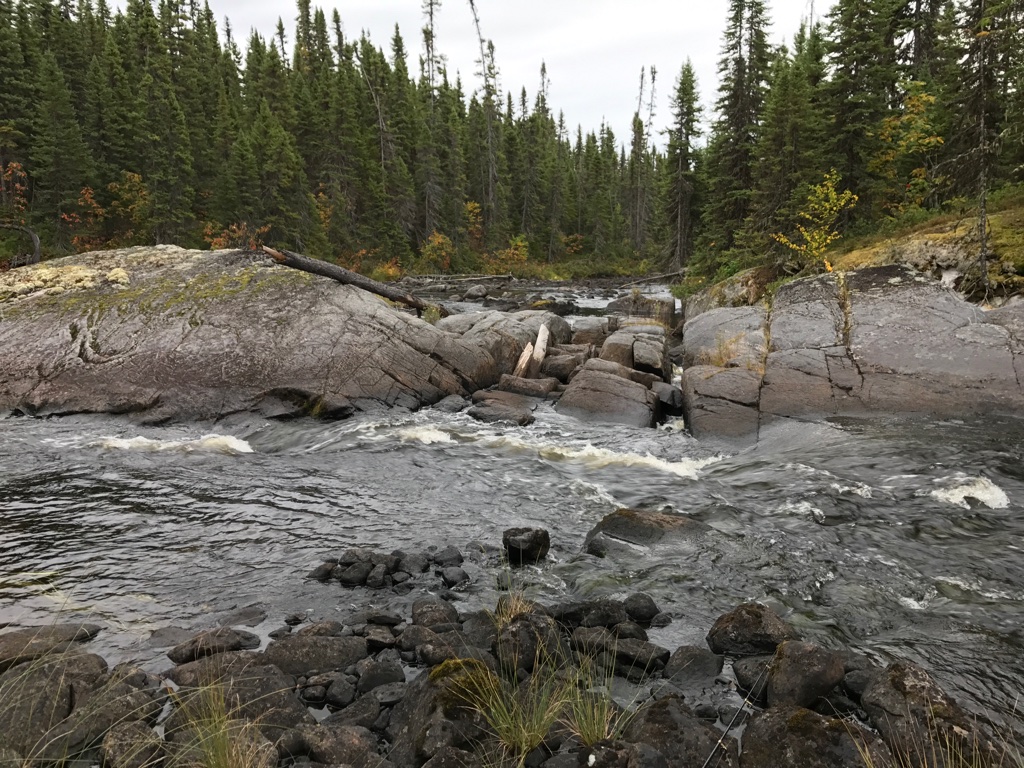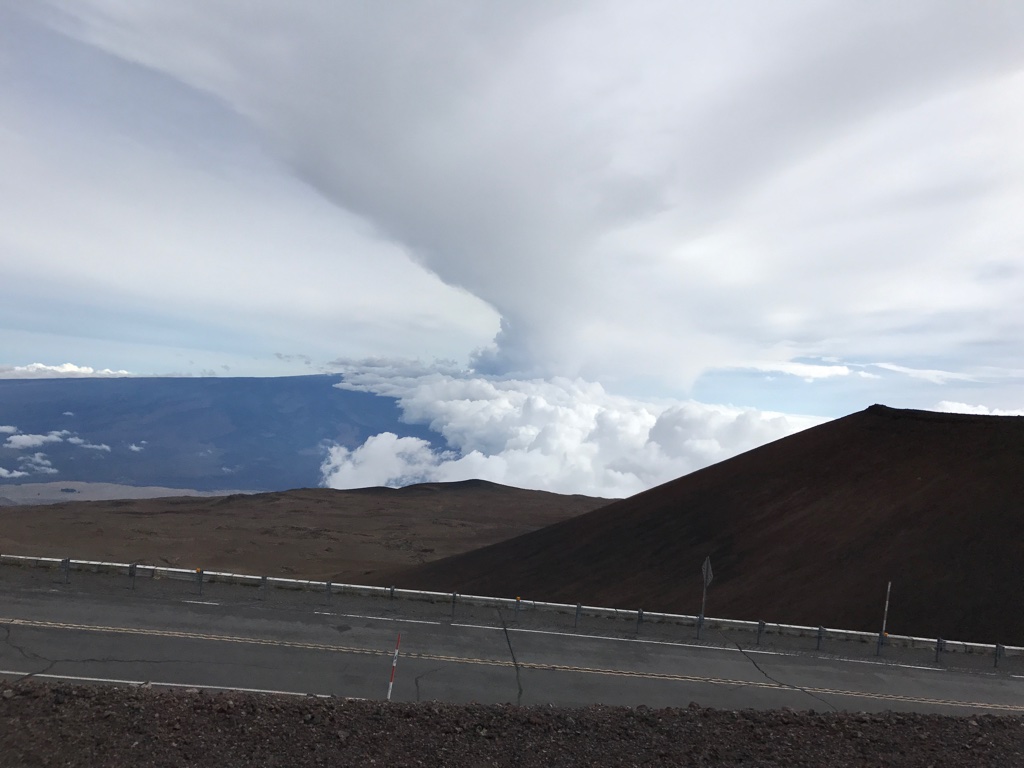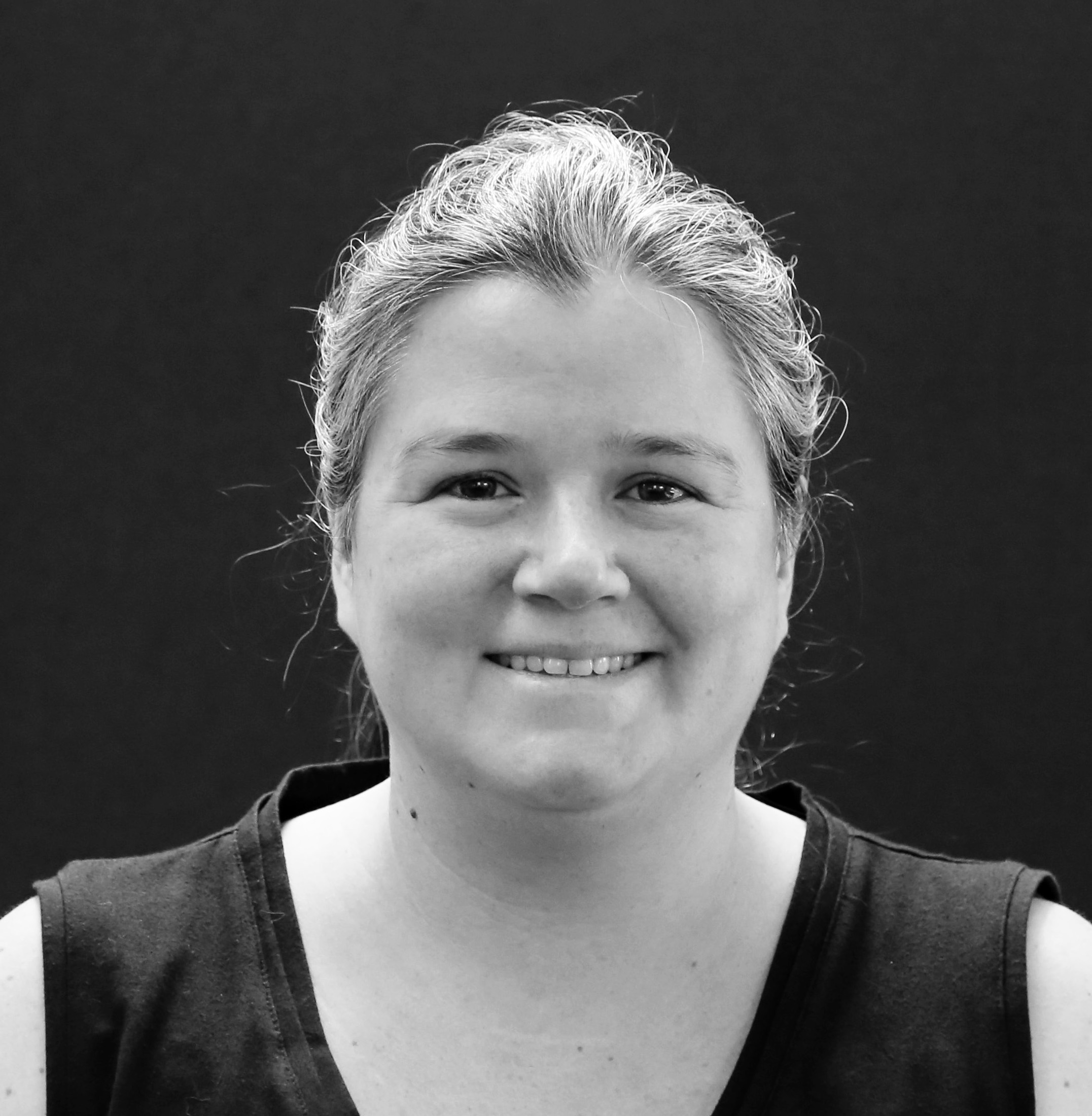About the IEC

Our Story
The Indigenous Engagement Committee (IEC) came in direct response to the Canadian Astronomical Society (CASCA) 2020 Long Range Plan (LRP) recommendation #46:
“We recommend that CASCA establish a new committee dedicated to facilitating engagement and relationships with Indigenous communities, and that can partner with existing groups working to promote STEM programs that embrace both Western and Indigenous approaches. The goals should be to listen to Indigenous communities, to discover mutual interests, and to identify opportunities to learn from and support each other. Potentially in partnership with the CASCA Education and Public Outreach committee (EPO), this committee can forge partnerships with Indigenous organizations, support Indigenous education in astronomy and STEM, and can develop astronomical learning material in Indigenous languages in collaboration with relevant teachers and programs.”
The LRP recommendations #1, 14, 17 to 25, highlighting the need to ensure consent of the Indigenous people on the land where astronomy facilities are located, and recommendations #39, 44, and 45, linked to the establishment of a more inclusive space in Astronomy for Indigenous people, are also connected to this committee’s terms of reference.
During the CASCA AGM meeting of 2023, the then CASCA president, Christine Wilson, asked Laurie Rousseau-Nepton (then a retiring member of the Long Range Plan Community Recommendations Implementation Committee; LCRIC) to chair the new IEC committee, considering her record of collaborations with Indigenous communities, and being a member of the Innu First Nation. Karun Thanjavur, member of the CASCA Board with a record of collaborations with Indigenous communities as well was selected as co-chair. A call for interest was sent to the community to find members interested in the IEC’s initiatives in September 2023. Robert Cockcroft, Julie-Bolduc Duval, Mark Halpern, and Samantha Lawler answered the call and the first CASCA IEC committee was born.
Mandate and Terms of Reference
The Long Range Plan Community Recommendations Implementation Committee (LCRIC) drafted the following terms of reference for the IEC committee:
- To actively seek out and engage in dialogues with Indigenous communities, to discover mutual interests, and to identify opportunities to learn from and support each other.
- To partner with existing groups working to promote STEM programs that embrace both non-Indigenous and Indigenous approaches.
- To forge partnerships with Indigenous organizations to support Indigenous education in astronomy and STEM.
- To facilitate connections to funding and support for community educational projects related to Indigeneity.
- To foster the development of culturally appropriate astronomical learning material in Indigenous languages in collaboration with teachers and programs.
- To build and regularly advertise a public database of resources related to reconciliation and Indigenous engagement that can be accessed by all CASCA members. These resources include but are not restricted to Truth and Reconciliation training, and best practices for publicly and privately funded projects.
- To organize regular public consultations (webinars, conference sessions) of all CASCA members on specific Indigenous topics to encourage their engagement.
- To guide the creation of IEC committees for Canadian facilities and projects that require such an advisory council.

Goals
Create Bridges
Our goal is to help initiate connections between member of the astronomical communities and indigenous community across Canada. We want a safe space for everyone to contribute to astronomy in an inclusive way. A place where we can listen to each other and find mutual goals.
Provide Resources
Our website was build in order to provide resources that will help creating connections and support communities in this transition.
Help Initiating Programs
A lot of work needs to be done to transform the world of astronomy and we will be helping setting new local and national programs.
Limitations
Our committee aims at supporting these activities and promote interactions between astronomers and indigenous communities, but we do not aim to act as a sole entity that encircle this process. We are here to also learn and welcome feedback and suggestions from all.

Laurie Rousseau-Nepton
Chair
University of Toronto, Dunlap Institute
Laurie Rousseau-Nepton is a member of the Pekuakamiulnatsh First Nation. She lives in the traditional territories protected by the Dish with One Spoon wampum agreement, and work at the University of Toronto as an assistant professor.

Robert Cockcroft
Member
McMaster University
Rob is an immigrant settler originally from the UK, and lives and works on the traditional territories of the Mississauga and Haudenosaunee Nations, and within the lands protected by the Dish with One Spoon wampum agreement, where he is a faculty member and the William J McCallion Planetarium Director at McMaster University.

Karun Thanjavur
Co-Chair
University of Victoria
Karun is an immigrant settler originally from India, and lives and works in the traditional and unceded territories of the Lək̓ʷəŋən (Songhees and Esquimalt) and the W̱SÁNEĆ peoples. He retired from UVic in 2023.

Mark Halpern
Member
University of British Columbia
Mark Halpern is a cosmologist who lives and works in xʷməθkʷəy̓əm territory. He coordinated the construction of CHIME and an outrigger telescope with the Syilx and Upper Similkameen people, upon whose traditional land these instruments are located, leading to the Upper Similkameen naming our instrument k’niʔatn k’l‿stk’masqt, a listening device for outer space.

Julie Bolduc-Duval
Member
Discover the Universe, Dunlap Institute
Julie works in science education and has been involved in outreach initiatives with Indigenous communities. She lives and works on the traditional land of the Abenakis people and she is a settler with French-Canadian background.

Samantha Lawler
Member
University of Regina
Sam is an immigrant settler originally from unceded Tongva lands, now living under the beautiful huge skies of Treaty 4, the lands of the nêhiyawak, Anihšināpēk, Dakota, Lakota, Nakoda, and the Métis/Michif. She is an associate professor of astronomy at the University of Regina.